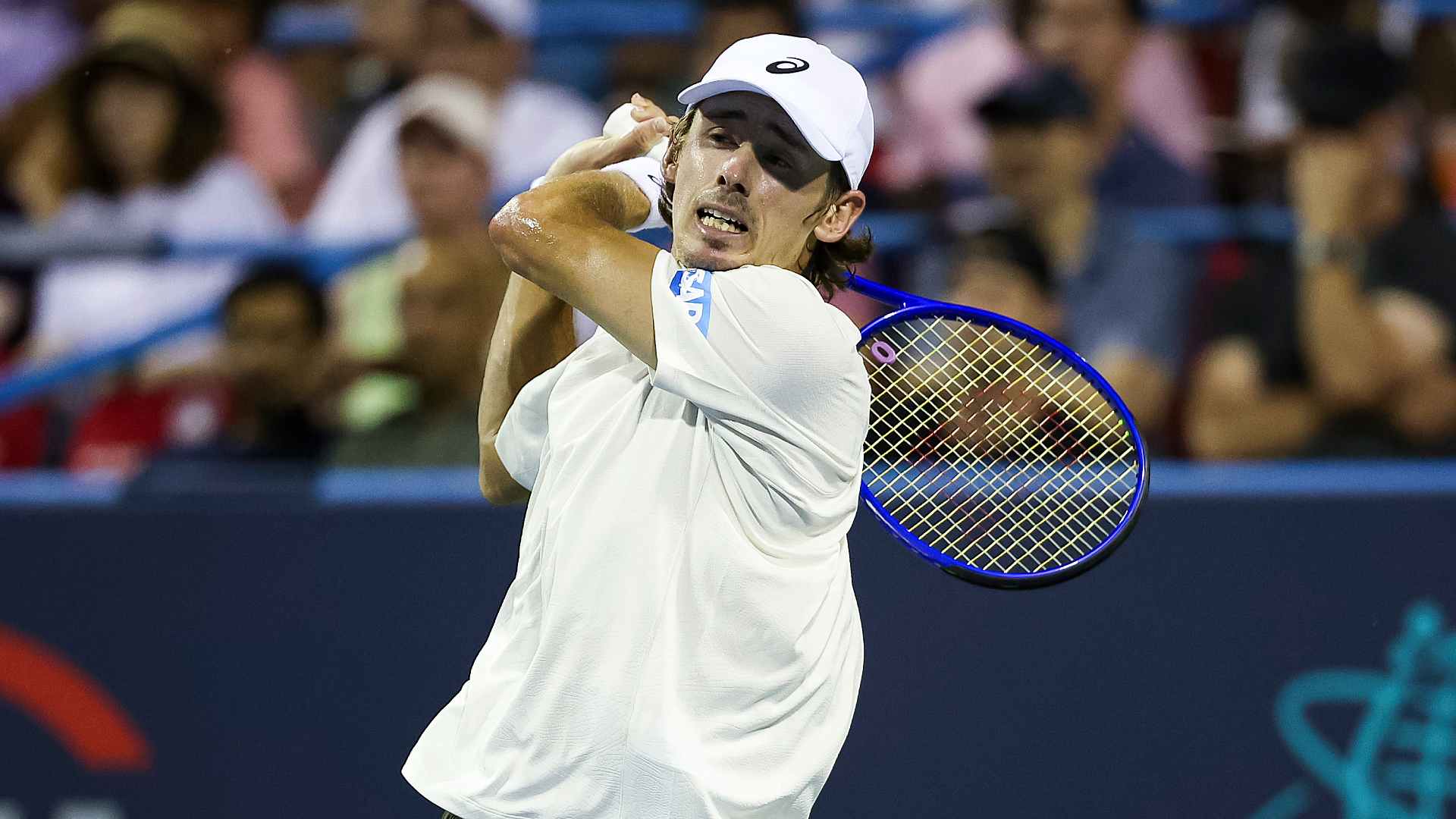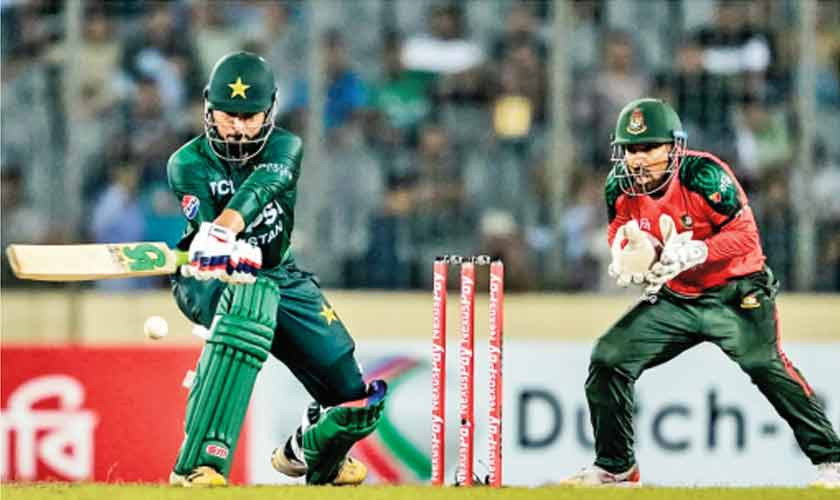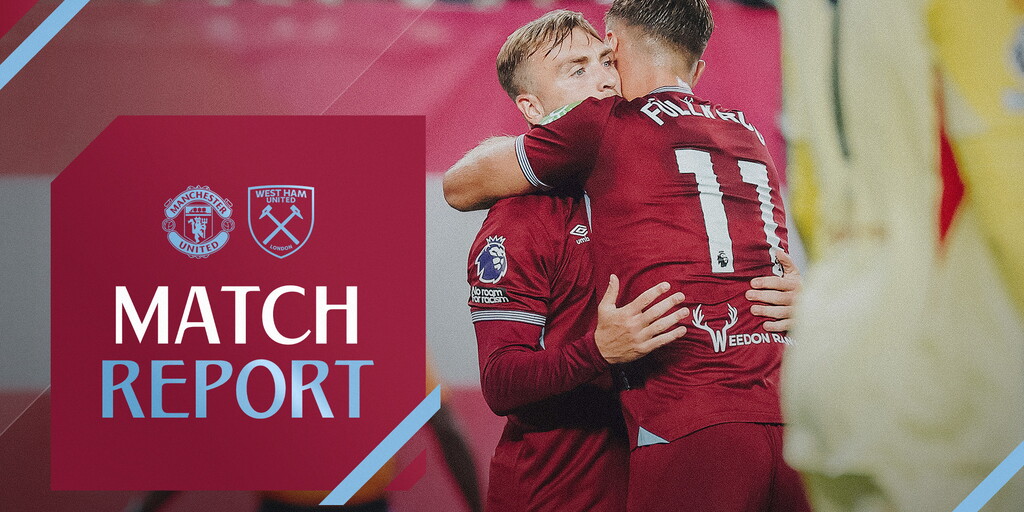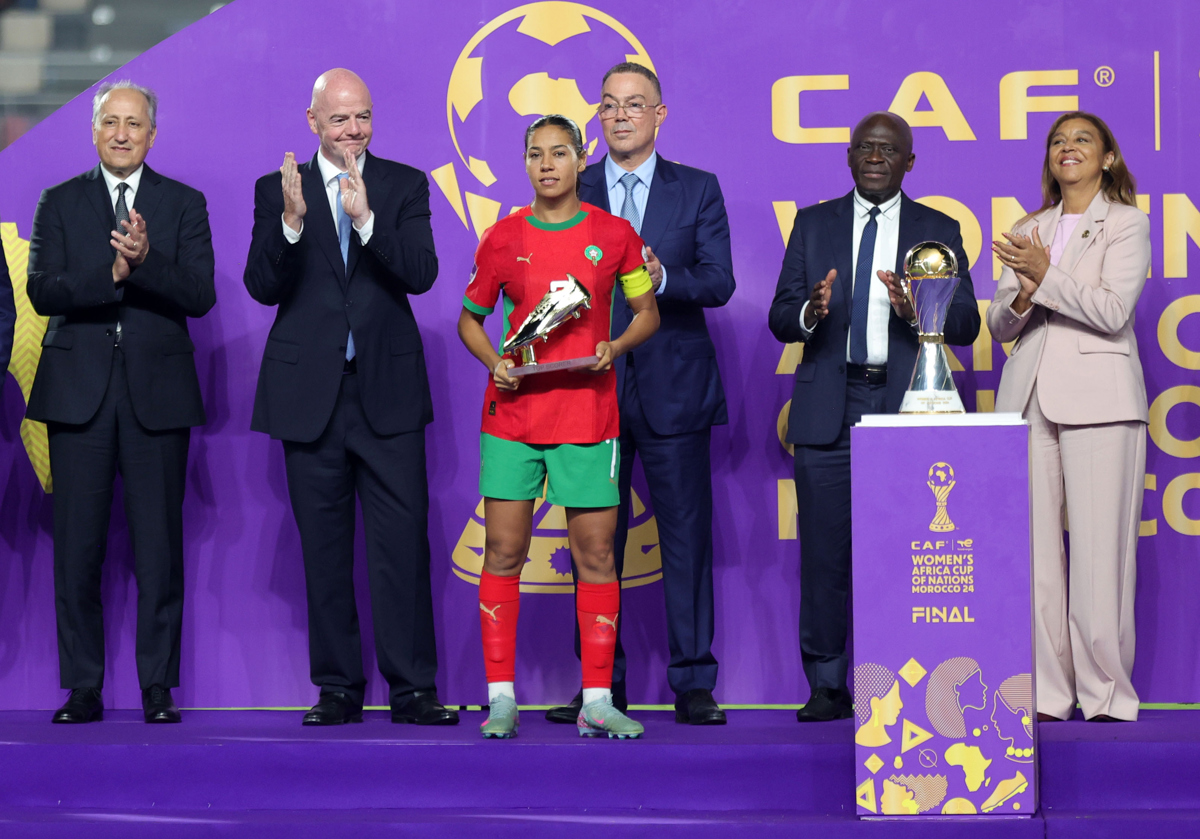MLS commissioner says B.C. Place not 'viable' for the Whitecaps, reigniting debate over team's future
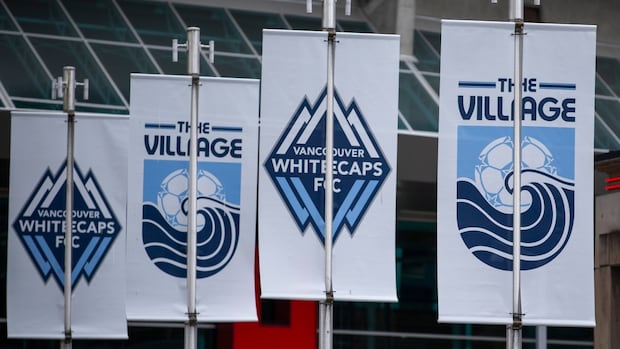
The debate over the Vancouver Whitecaps' future has been reignited following comments by Major League Soccer Commissioner Don Garber, who says the team's current home at B.C. Place is no longer a viable long-term solution.Speaking to reporters at the MLS All-Star Game in Austin, Texas this week, Garber said the Whitecaps urgently need a new stadium not only to resolve scheduling conflicts but also to help secure the team's future in Vancouver as its ownership group prepares to sell the football club."We have no plans to move the Vancouver Whitecaps," Garber told reporters. "But right now they don't have a viable stadium situation and they need one."Addressing the media at the MLS All-Star Game in Austin, Texas, on Wednesday, MLS Commissioner Don Garber said the Whitecaps need a new stadium to resolve scheduling conflicts at B.C. Place. (Major League Soccer)Garber pointed to scheduling problems, including the team being forced to play a home playoff match in Portland, Ore. last year and the limited availability of B.C. Place during preparations for the 2026 FIFA World Cup."We get 17 days where we can play our games and that's it?" Garber said. "We don't have any flexibility, including what happened with their playoff game last year."But B.C. Place's owner and operator Pavillion Corporation (PavCo) — a Crown corporation — is pushing back, calling Garber's claims a "misrepresentation."PavCo says it offers alternate dates for consideration when scheduling conflicts arise, but those options must be approved by both the team and the league.According to PavCo, when conflict arose last year with the booking during the playoffs, it accommodated a revised date that would have allowed the match to take place just one day earlier."Unfortunately, the proposed solution was not approved by MLS, and the Whitecaps were required to play the match on the road," the operator said in a statement to CBC News."On average, 40+ days are made available each year for the Whitecaps," the statement said, adding that in addition to the team's 17 regular-season matches, the club receives 15 to 20 further calendar holds to support playoffs, tournaments, and other events.WATCH | Whitecaps owners to sell club: Vancouver Whitecaps FC owners prepare to sell club The owners of the Vancouver Whitecaps have announced they are looking to sell the team, saying the decision comes after "careful consideration" of "what is required to ensure its continued growth and success." The club's CEO, Axel Schuster, spoke to CBC News about their choice.That figure does not include practice sessions or media activities, which often take place the day before games.B.C. Place says the Whitecaps have played 23 to 24 matches per year at the stadium over the last three seasons.Whitecaps confirm discussions over new stadiumThe comment comes as the club's ownership group — Greg Kerfoot, Steve Luczo, Jeff Mallett and Steve Nash — prepares to sell the city's Major League Soccer team,Whitecaps says a proposed new team-owned stadium is part of a long-term plan to keep the city's professional soccer team based in Vancouver. A new stadium is widely seen as a potential draw for prospective buyers, and a key factor in securing the club's long-term financial stability.In a statement to CBC News, the Whitecaps say they are in active discussions with the City of Vancouver about developing a new stadium at the Pacific National Exhibition (PNE) fairgrounds — a site with deep historical significance for the club.The Whitecaps briefly played at a temporary venue at Empire Fields during the team's inaugural MLS season in 2011. The location is now home to community turf fields. (CBC)When the team first formed under the North American Soccer League in the 1970s, they played right next to the fairgrounds at what was then Empire Stadium.The space later became Empire Fields, where the team debuted in Major League Soccer in 2011. Today, the site is home to community turf fields."While the club is taking all necessary action to keep moving this process forward, it is a complex undertaking that can take considerable time," said Nathan Vanstone, the club's vice-president of broadcast and communications.The team currently plays at B.C. Place and trains at the University of British Columbia, but their lease at the downtown stadium is set to expire at the end of 2025.For now, the club says it's "business as usual.""We remain focused on extending the great momentum of the season and continuing to invest in and grow the club and Canadian soccer."City and province voice supportVancouver Mayor Ken Sim says the city is committed to keeping the team."[They] are an integral part of our city's sport and cultural identity," Sim said in a statement."While we cannot disclose specific information regarding potential land-use matters, we are continuing to explore ways to ensure the Whitecaps can remain in Vancouver for generations to come."B.C. Place is scheduled to host seven matches during the 2026 FIFA World Cup. (Darryl Dyck/The Canadian Press)B.C. Minister of Jobs and Economic Development Ravi Kahlon said the province has not been formally asked to support a stadium project but conversations have taken place with both the club and city."Vancouver White Caps are B.C.'s team, not just Vancouver's team," Kahlon told CBC News. "Not only does it help young athletes aspire to rise and play at that level, but also because they are important economic drivers."He drew parallels to the departure of the Vancouver Grizzlies NBA team in 2001."When we lost the Vancouver Grizzlies, we've been waiting years with the hope of maybe getting a basketball team back," said Kahlon. "But we know when a team leaves, it's very difficult to get a professional team back. That's why it's important to do what we can to keep the Whitecaps."






